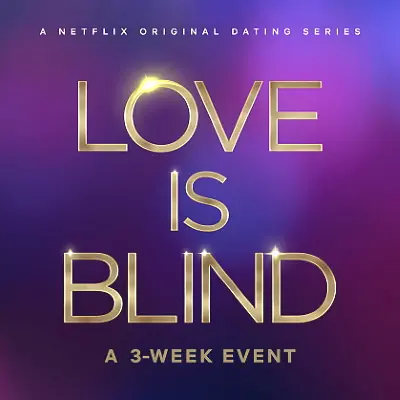Love Is Blind created a better reality dating show in Season 2 by tweaking its premise
-

"With Season 2, Netflix changed its strategy," says Ilana Kaplan. "Instead of asking 'Is love truly blind?' the show seemed to ask 'Are these people even really here to fall in love?' Less focused on happy endings this go-around, it was more interested in exploiting the anxiety, uncertainty, and doubt that the experiment could perpetuate. Six couples in Season 2 decided they would ultimately get hitched—or at least, accepted an initial proposal. But even with those that committed, the foundations were shaky all around. Watching some of the hurdles that the couples faced within days of deciding to tie the knot were unnerving, so much so that you were silently praying they might not make it to the altar. It’s not surprising that Love Is Blind took a different approach in its second season. There’s a reason why shows like The Bachelor and Are You The One? have been able to keep audiences hooked: Each season, these shows make incremental changes, whether to casting, challenges, or filming. While Season 1 cast singles looking for love, Love Is Blind’s second season featured contestants who were actually uncertain about what they wanted at all. The couples felt so mismatched—even unlikeable—that Season 2 was one big wildcard filled with heightened emotions and unpredictability. In some ways, this may have appeared to undermine the show’s premise in the first place. But Season 2 of Love Is Blind was still a social experiment, in its own way."
TOPICS: Love Is Blind, Netflix, Reality TV
More Love Is Blind on Primetimer:- Love Is Blind Italy: Who’s still together and who split after the finale? Details explored
- "I'm so sick of arguing": Love Is Blind: Italy star Ludovica opens up to Davide about revisiting the same issues
- Love Is Blind’s Ali Lima speaks out on claims she’s had plastic surgery done
- Love Is Blind’s Edmond says “the edits” made Joe look different from who he really is
